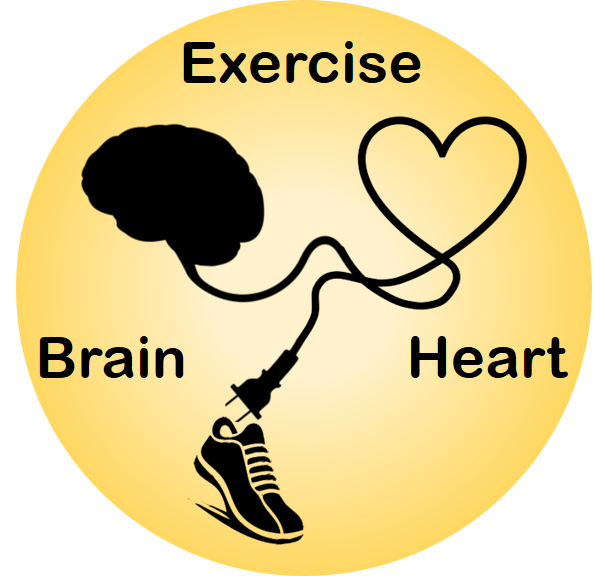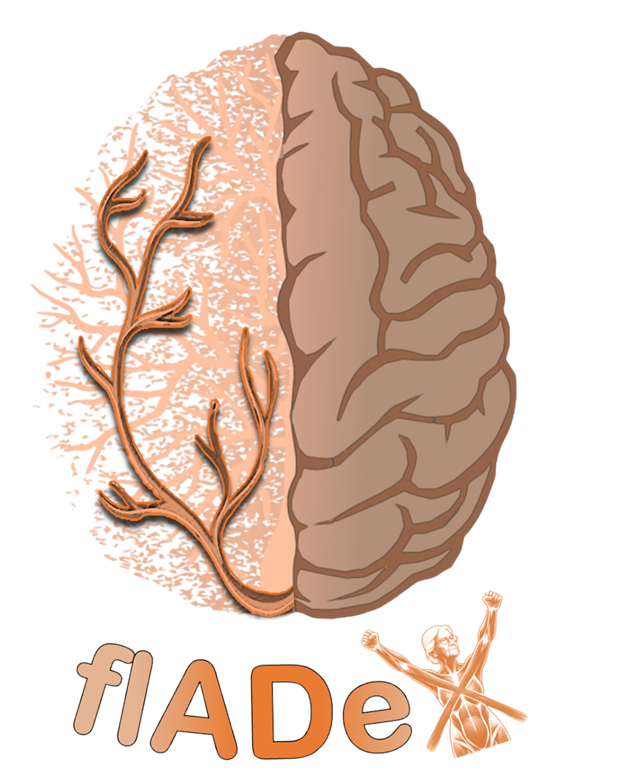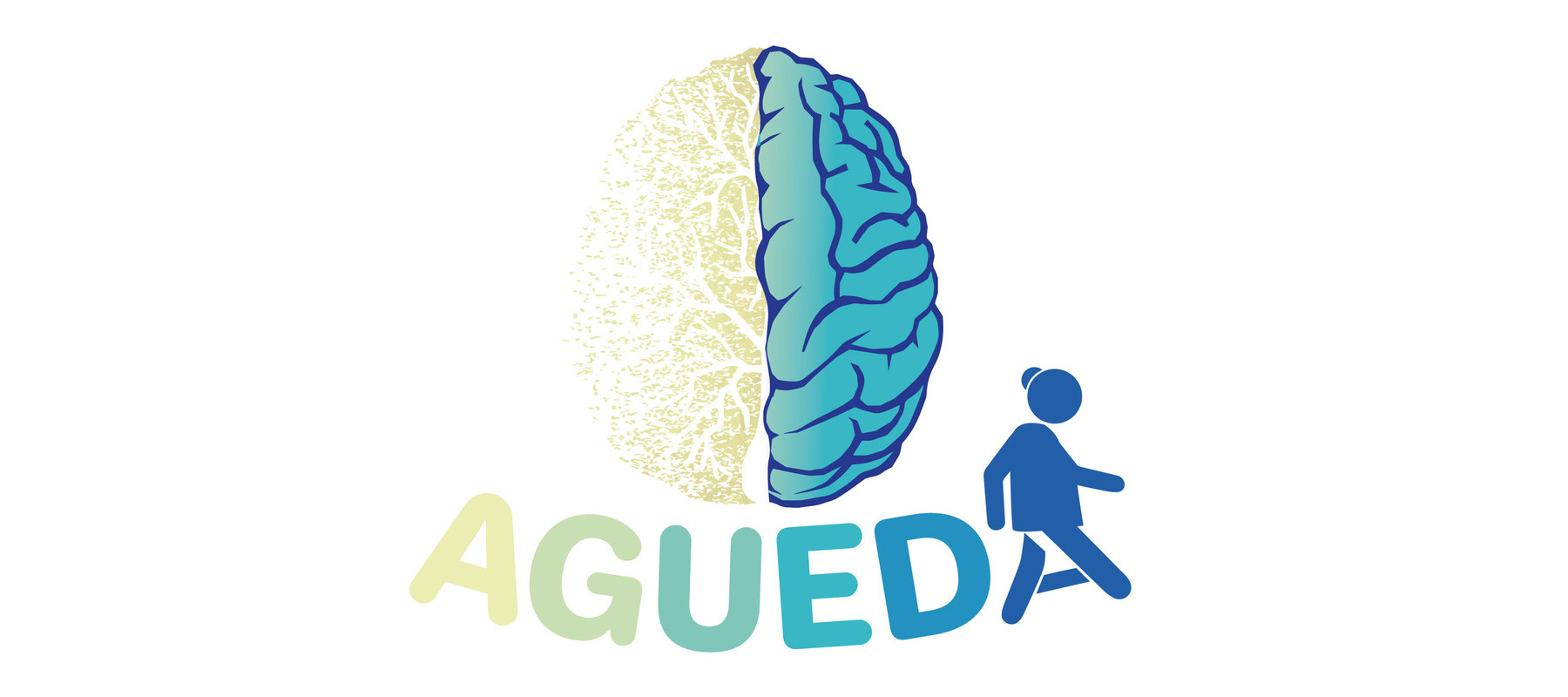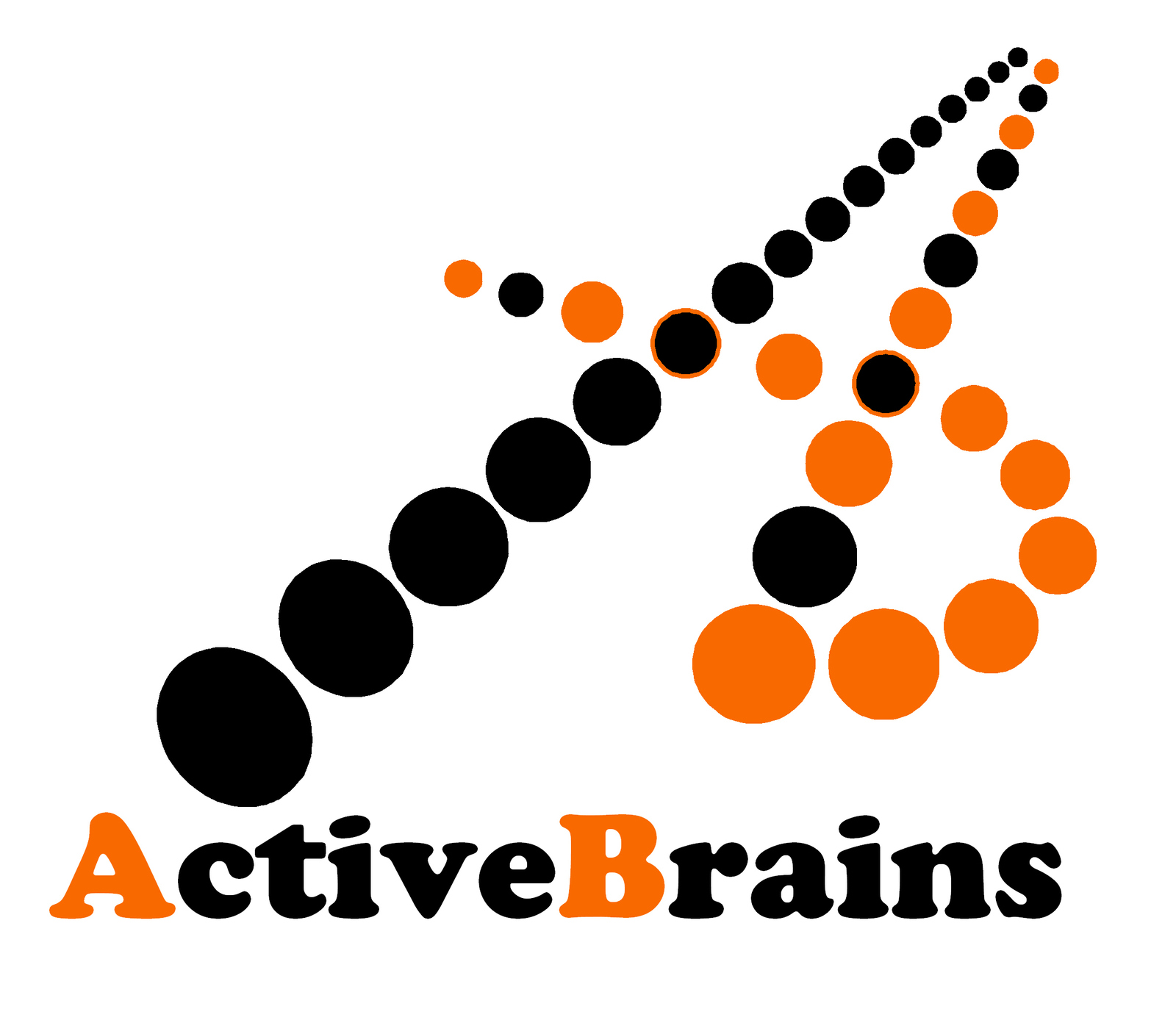Physical EXErcise on Women’s Affective and Physical HeAlth The Exer-WAPA Project
Summary The main objective of the Exer-WAPA project is to examine the short- and medium-term effects of a supervised group exercise program on the affective health of middle-aged women with mild to moderate symptoms of anxiety/depression (psychological distress). Exer-WAPA is a
Exercise and brain health in patients with coronary artery disease
Summary Patients with coronary artery disease (CAD, also named as coronary heart disease) have higher risk of accelerated cognitive decline and mental disorders than the general population. There is, therefore, a need to identify effective and sustainable strategies to improve their
Understanding cerebral blood Flow dynamics for Alzheimer’s Disease prevention through acute exercise
Summary Dementia is one of the leading causes of disability worldwide. Underlying biological mechanisms are crucial in preclinical stages of Alzheimer's disease (AD). Alterations in cerebral blood flow (CBF) and their relationship with AD blood-based biomarkers may be fundamental at early
Active Gains in brain using Exercise During Aging
Summary The primary aim of AGUEDA trial is to examine the effects of a 6-month resistance training program on cognitive function in cognitively normal older adults. The secondary aims are: (i) to examine the effects of exercise on central and peripheral brain
Visiting Scholar programme: Cognición y desarrollo cerebral a nivel estructural y funcional: rol del ejercicio físico.
Summary The PROFITH research group leads the Visiting Scholar programme thanks to Dr. Francisco B. Ortega (PI and receiving group) and Dr. Charles Hillman (Northeastern University, Visiting Scholar) under the project “Cognition and structural and functional brain development: role of physical exercise”. The Visiting Scholar also
inducing neurogenesis, hippocampal function and mental health in children: The role of exercise.
Emerging evidence suggests that exercise leads to an increase in brain-derived neurotrophic factor (BDNF) in the central nervous system to promote improvement in cognition, anxiety and depression. However, mechanisms whereby exercise has a positive influence on brain, cognition and mental
Effects of an exercise-based randomized controlled trial on cognitive performance, brain structure and brain function in overweight preadolescent children.
Summary The new and recent advances in neuroelectric and neuroimaging technologies provide a new era for further exploring and understanding how brain and cognition function can be stimulated by environmental factors, such as exercise, and particularly to study whether physical exercise
Comorbid Conditions of Attention deficit / hyperactive disorders
Summary Comorbid conditions worsen the outcome of Attention Deficit/Hyperactive Disorders (ADHD) and have huge personal and societal healthcare impact. Mechanisms underlying the development of comorbidity are unknown, hampering prevention and treatment. Thus, the aim of this project is to: 1) establish
Exercise in the prevention and treatment of obesity and insulin resistance: Smart analysis-smart interventions. SmarterMove
Summary Obesity and type 2 diabetes are major public health problems. Despite much has been advanced in the knowledge about these two pathologies, new approaches need to be identified and implemented to reach sufficient knowledge and strategies to successfully fight against













